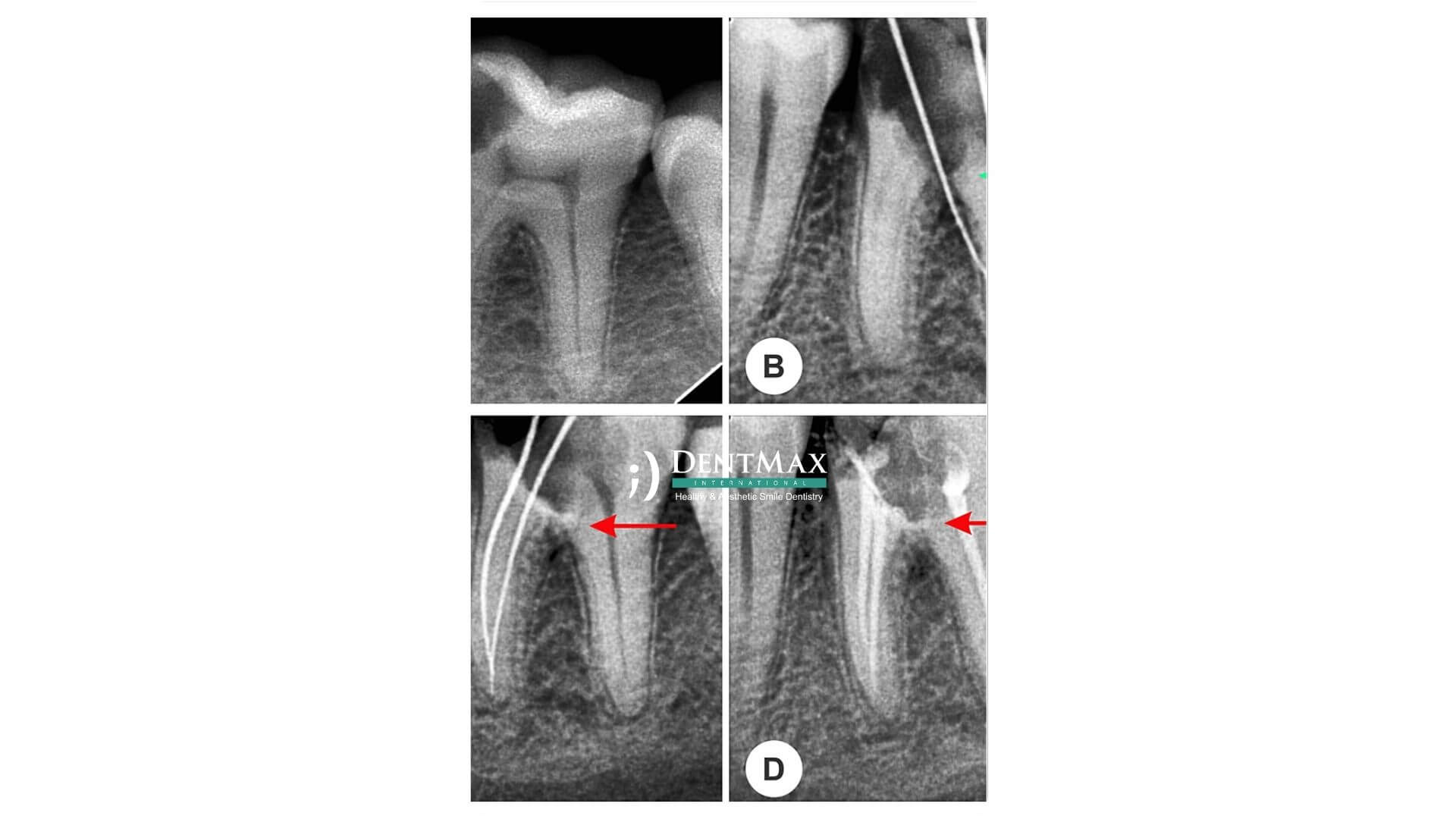1. What Is MTA-Supported Root Canal Treatment?
It is an alternative to traditional root canal therapy where MTA is applied to protect exposed pulp tissue, allowing the tooth to remain vital and functional.
2. How Does the Procedure Work?
MTA is placed over the exposed or inflamed pulp, followed by sealing the area with a permanent restoration. No full canal cleaning is required in appropriate cases.
3. Prices – Dental Clinic
Costs vary depending on tooth location, complexity, and materials used. DentMax offers transparent pricing with a detailed pre-treatment consultation.
4. When Is It Recommended?
This treatment is ideal for early-stage pulp exposure, trauma-related pulp exposure, or in young patients where root development is incomplete.
5. Why Choose DentMax?
Because DentMax combines expert endodontic care with modern equipment and MTA protocols to offer safe, effective, and minimally invasive treatment.
6. Benefits of MTA Material
MTA is biocompatible, seals effectively, promotes healing, and prevents infection — ideal for preserving pulp vitality and long-term tooth function.
7. Frequently Asked Questions
Is this a full root canal? Is MTA safe for children? Does it change tooth color? Our team explains all benefits and limitations during consultation.
8. Why DentMax?
DentMax prioritizes conservative and biological approaches that focus on preserving your natural tooth structure whenever possible.














